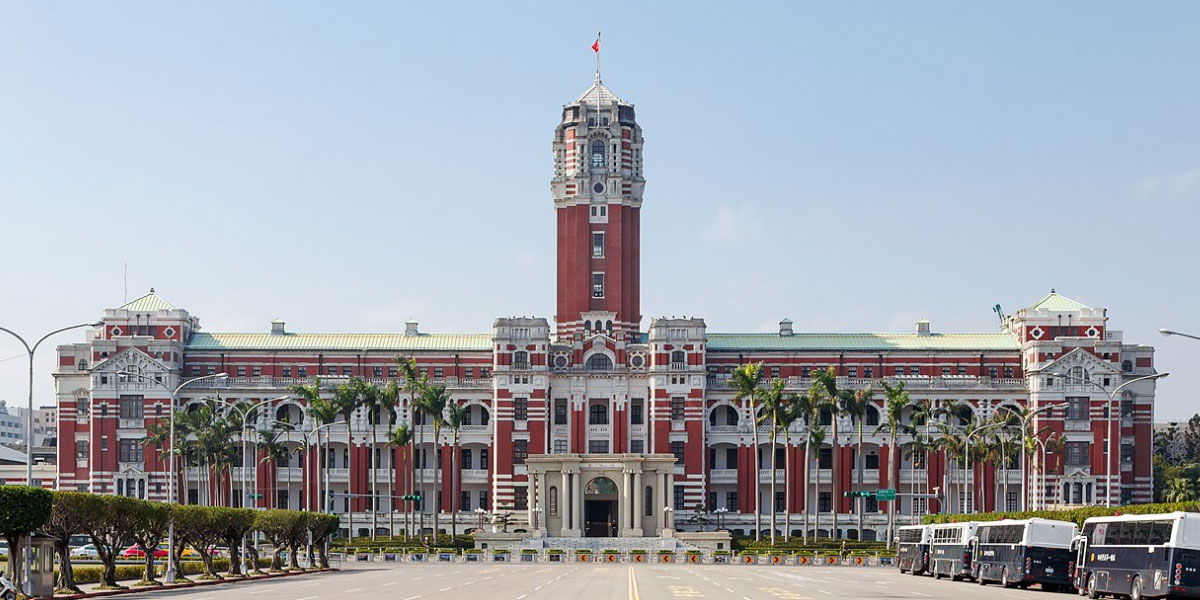Taiwan’s Ministry of Finance has released guidance on the application of business tax laws and regulations related to donations of goods to government agencies or charitable organisations.
According to the National Taxation Bureau of Kaohsiung, Ministry of Finance, business entities donating goods to government agencies or charitable organisations should pay attention to the fact that depending on who they are donating to, the relevant business tax laws and regulations shall be applied differently, so as not to be penalised by additional tax due to negligence.
The Bureau points out that according to the provisions of Subparagraph 1 of Paragraph 3 of Article 3 of the Value-Added and Non-Value-Added Business Tax Act and the latter part of Subparagraph 1 of Paragraph 1 of Article 19 of the Enforcement Rules of the same Act, goods produced, imported, or purchased by a business entity transferred to others for no consideration are regarded as a sale of goods, and a uniform invoice should be issued according to the market price of the goods. Also, according to Subparagraph 2, Paragraph 1 of Article 19 of the same Act, the input tax on goods or services not for the use of principal and ancillary business operation shall not be deductible for output tax. However, this requirement does not apply to purchases made for the support of national defence, provision of morale services to the troops, or contribution to the government.
The Bureau further explains that when a business entity purchases goods, it has already deducted the input tax from the output tax, and when the goods are subsequently used as donations, except for the support of national defence, provision of morale services to the troops, or contribution to the government, it is considered to be a sale of goods according to the abovementioned Act, and it should issue a uniform invoice to itself at the market price of the goods, and the input tax of the uniform invoice should not be deducted from the output tax.
The Bureau gives an example. Company A purchases 50 electric blankets, which are accounted for as purchases or expenses, and deducted the input tax paid for the purchases from the output tax. Later, Company A donates 30 electric blankets to the Social Affairs Bureau of the City Government, with a market price of TWD 3,150 per blanket, which should be treated as sales in accordance with the aforementioned provisions, and issues a uniform invoice to Company A for a total tax-inclusive amount of TWD 94,500 (TWD 90,000 in sales and TWD 4,500 in tax). As the donation is made to the government, if Company A issues a uniform invoice to itself, the input tax of TWD 4,500 can be deducted from the output tax in accordance with the laws. In order to simplify the operation, Company A should set up an account to record the donation rather than issue uniform invoices to itself. Moreover, if Company A donates the remaining 20 electric blankets to a non-government social welfare organisation, Company A should issue a uniform invoice for the total amount of TWD 63,000 (TWD 60,000 in sales and TWD 3,000 in tax) with the buyer being itself at the market price, and the tax amount of TWD 3,000 contained in the uniform invoice is not allowed to be deducted from output tax, and the deduction copy should be truncated by Company A itself or noted as void after the invoice has been issued.
The Bureau reminds business entities to pay attention to the above business tax regulations when donating goods to protect their own rights and interests while fulfilling their social responsibilities and being enthusiastic about public welfare.













